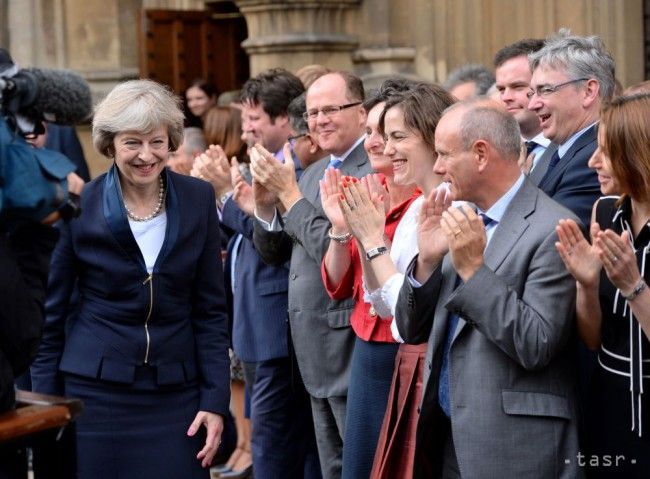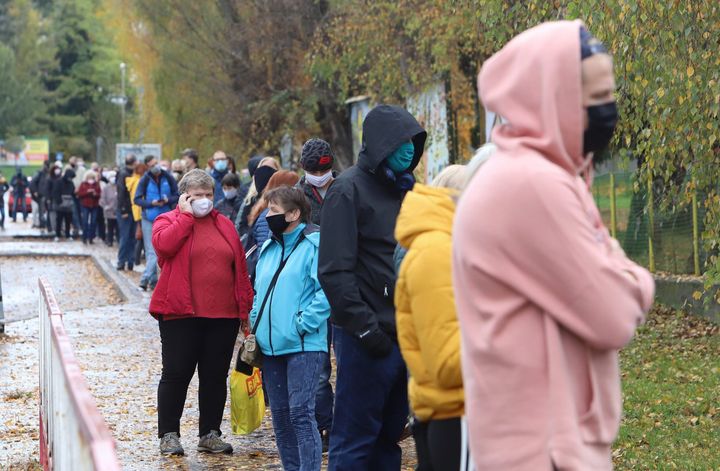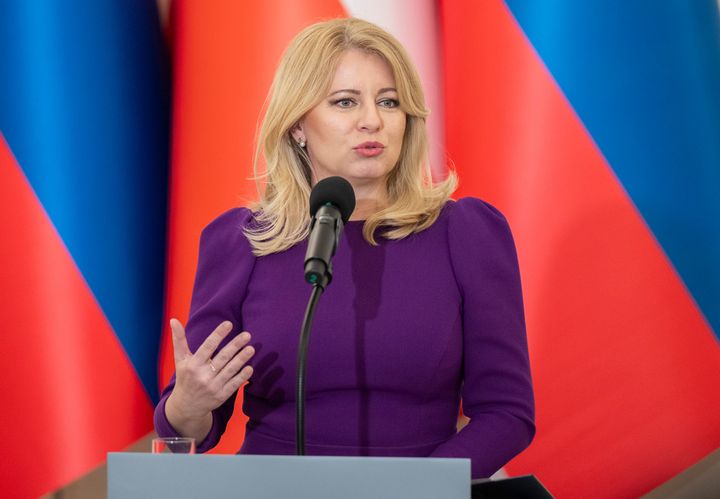Harris: New British Premier Has Support of MPs, But Not of People

Bratislava/Liverpool, July 12 (TASR) – There’s currently a paradox on the British political scene – a new premier that has the support of Parliament but not of the people and an Opposition leader that has the support of the people but not of Parliament, said Erika Harris, Slovak professor of political science at the University of Liverpool, on Tuesday.
“The fact that outgoing British Prime Minister David Cameron after the referendum announced that he was resigning from his post and thereby from the leadership of the Conservative Party led to the need to elect a new premier as well as party chairman. MPs for the Conservative party then choose a certain number of candidates. The whole process is relatively quick, depending on the number of candidates. In the end members of the party choose its new leader,” said Harris.
There were two candidates until this Monday – proponent of EU membership and Home Secretary Theresa May and Minister of State for Energy Andrea Leadsome. The latter withdrew from the race on Monday.
“She [Leadsome] joined the big supporters of Brexit – MP Boris Johnson and MEP Nigel Farage – during the referendum campaign. She’s become controversial, as her career in the financial sector turned out to be not as successful as she presented it as being,” stated Harris about Leadsome.
According to Harris, Leadsome’s withdrawal came as a surprise. Leadsome said that the UK needs unity and effective government right now and that the 84 MPs who supported her weren’t enough compared to the 199 MPs that backed May.
May will now become the new British prime minister. “This means that every personality that supported Brexit has vanished from political life in around three weeks. That leaves the 17 million people that voted for Brexit practically without a leader. The question is if there will be any proponents of Brexit in [May’s] new cabinet. May claims that she wants to unite the country and to negotiate the best possible position in the EU,” she added.
Another question is if there should be a general election, as May was supported by a mere 199 MPs. But the new election could facilitate further unrest on financial markets, noted Harris.
Cameron will hand in his resignation to the Queen on Wednesday, who will then receive the new prime minister. A new government will then be formed.
The Opposition Labour party is experiencing huge problems as well. “Its leader Jeremy Corbyn was elected with enormous support from party members, who have been growing in number ever since he was elected. However, Corbyn isn’t a very effective leader, and MPs don’t think that he could win the next election. I don’t believe that either,” added Harris.
Although he supported the Remain campaign, Corbyn wasn’t so vocal, as he once spent years fighting the EU in the name of the protection of the British working class. “Almost all Labour MPs expressed mistrust in him after the referendum, but he keeps refusing to step down from the post of leader, appealing to broad support among party members. This is an incredible situation,” stated the professor.
Harris noted that Labour MP Angela Eagle has already officially announced her candidacy to replace Corbyn. But it still isn’t known whether an actual election of a new Labour leader will take place.
Despite the fact that the professor has been living the UK for years, she also keeps an eye on the situation in Slovakia. “This wait must be unwelcome for Slovakia because the Presidency of the Council of the EU lasts only six months. No action equals lost time,” she stated.



